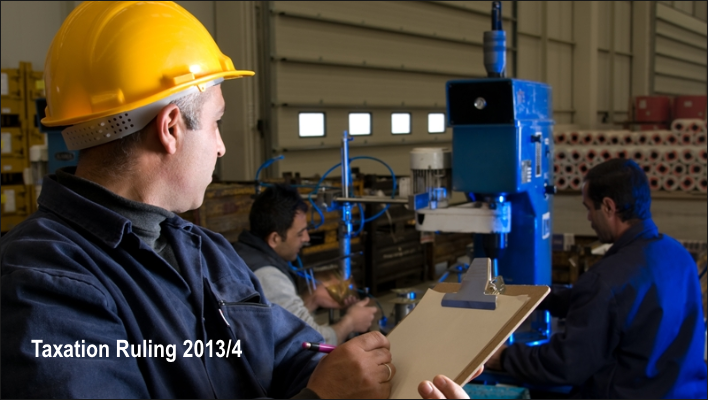
LIKE MOST COMMERCIAL PROPERTY investors … you are mainly concerned with obtaining the best rates and terms possible, when it comes to funding options.
As a general rule, you will find these with the major and second tier banks — their cheap cost of funds are able to on-lend at often attractive terms. And in the current environment of high competition for business and low interest rates, the bigger lenders are a good place to start. [Read more…]





















